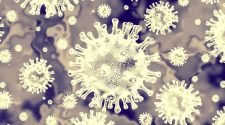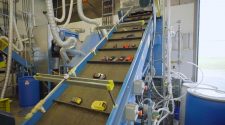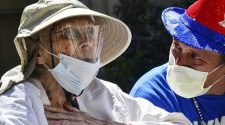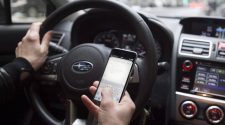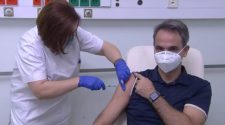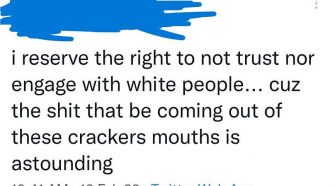Who needs to isolate?
The Australian government announced new travel restrictions to try to slow the spread of coronavirus on 15 March. From midnight, all returning Australians and overseas visitors are required to isolate themselves for 14 days after arriving in the country.
People who have been in close contact with somebody diagnosed coronavirus are already required to self-isolate.
What does self-isolation mean?
Self-isolation starts when you arrive in Australia, with the federal department of health recommending you use personal transport, such as a car, to travel home or to your hotel from the airport, to minimise exposure to others.
“If you need to use public transport (e.g. taxis, ride-hail services, trains, buses and trams), follow the precautions outlined in the public transport guide.
“During the 14 days of isolation, you must stay at home or in your hotel and don’t go to public places including work, school, childcare, university or public gatherings. Only people who usually live with you should be in the home. Do not see visitors.”
“Ask others who are not in isolation to get food and necessities for you. If you must leave home, such as to seek medical care, wear a surgical mask. If you don’t have a mask, take care to not cough or sneeze on others.”
“If you live in a private house, it is safe for you to go into your garden or courtyard. If you live in an apartment or are staying in a hotel, it is also safe for you to go into the garden but you should wear a surgical mask to minimise risk to others and move quickly through any common areas.”
What if I feel sick?
The health department recommends monitoring yourself for symptoms including “fever, cough or shortness of breath. Other early symptoms include chills, body aches, sore throat, runny nose and muscle pain.”
“If you develop symptoms (fever, a cough, sore throat, tiredness or shortness of breath) within 14 days of returning to Australia or within 14 days of last contact of a confirmed case, you should arrange to see your doctor for urgent assessment. You should telephone the health clinic or hospital before you arrive and tell them your travel history or that you may have been in contact with a potential case of coronavirus.”
Limiting the spread at home
The health department recommends practising good hand and sneeze/cough hygiene as the best defence against most viruses.
It also advises regular cleaning of household surfaces.
“To minimise the spread of any germs you should regularly wash surfaces that are frequently touched such as door handles, light switches, kitchen and bathroom areas. Clean with household detergent or disinfectant.
Source: Australian Department of Health

